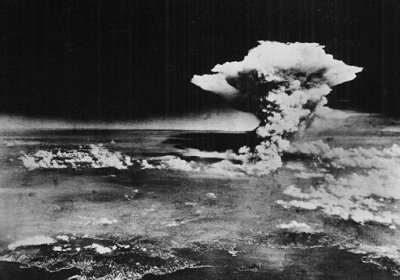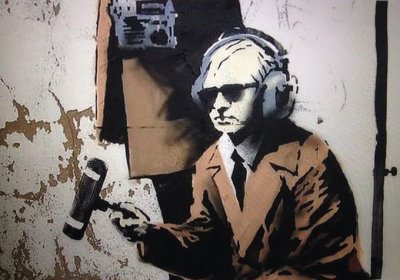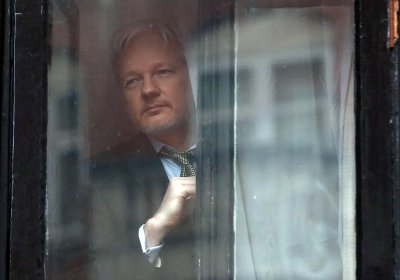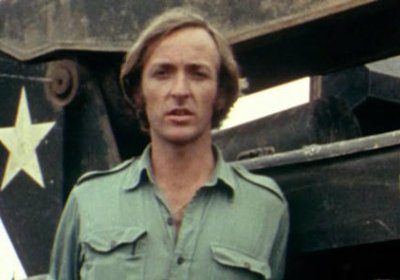The atomic bombing of Hiroshima and Nagasaki was justified by lies that form the bedrock of the United States' war propaganda in the 21st century, writes John Pilger.
John Pilger
The Australian High Court has ruled that correspondence between the Queen and the Governor-General of Australia, her viceroy in the former British colony, is no longer "personal" and the property of Buckingham Palace, writes John Pilger. Why does this matter?
World-renowned journalist and filmmaker John Pilger speaks to author TJ Coles about the coronavirus crisis in the context of propaganda, imperialism, and human rights.
The truth is that Australia could have rescued Julian Assange and can still rescue him, writes John Pilger.
The arrest of Julian Assange is an explicit warning towards journalists. What happened to the founder and editor of WikiLeaks can happen to you on a newspaper, you in a TV studio, you on radio, you running a podcast, writes John Pilger.
The persecution of Julian Assange is the conquest of us all: of our independence, our self respect, our intellect, our compassion, our politics, our culture, writes John Pilger.
A war has been declared on Venezuela, of which the truth is "too difficult" to report, writes John Pilger.
Like all colonial societies, Australia has secrets. The way we treat Indigenous people is still mostly a secret. For a long time, the fact that many Australians came from what was called "bad stock" was a secret.
"Bad stock" meant convict forebears: those like my great-great grandmother, Mary Palmer, who was incarcerated at the Female Factory in Parramatta, near Sydney, in 1823.
The persecution of Julian Assange must end. Or it will end in tragedy.
The Australian government and prime minister Malcolm Turnbull have an historic opportunity to decide which it will be.
They can remain silent, for which history will be unforgiving. Or they can act in the interests of justice and humanity and bring this remarkable Australian citizen home.
One of the most hyped "events" of American television, The Vietnam War, has started on the PBS network. The directors are Ken Burns and Lynn Novick. Acclaimed for his documentaries on the Civil War, the Great Depression and the history of jazz, Burns says of his Vietnam films, "They will inspire our country to begin to talk and think about the Vietnam war in an entirely new way".
I first understood the power of the documentary during the editing of my first film,The Quiet Mutiny.
In the commentary, I make reference to a chicken, which my crew and I encountered while on patrol with American soldiers in Vietnam.
“It must be a Vietcong chicken – a communist chicken,” said the sergeant. He wrote in his report: “enemy sighted”.
The chicken moment seemed to underline the farce of the war – so I included it in the film.
That may have been unwise.
Delegates to the recent Labour Party conference in the English seaside town of Brighton seemed not to notice a video playing in the main entrance. The world’s third biggest arms manufacturer, BAe Systems, supplier to Saudi Arabia, was promoting its guns, bombs, missiles, naval ships and fighter aircraft.
It seemed a perfidious symbol of a party in which millions of Britons now invest their political hopes. Once the preserve of Tony Blair, it is now led by Jeremy Corbyn, whose career has been very different and is rare in British establishment politics.
- Previous page
- Page 2
- Next page











